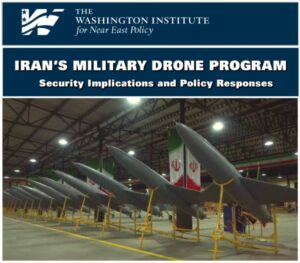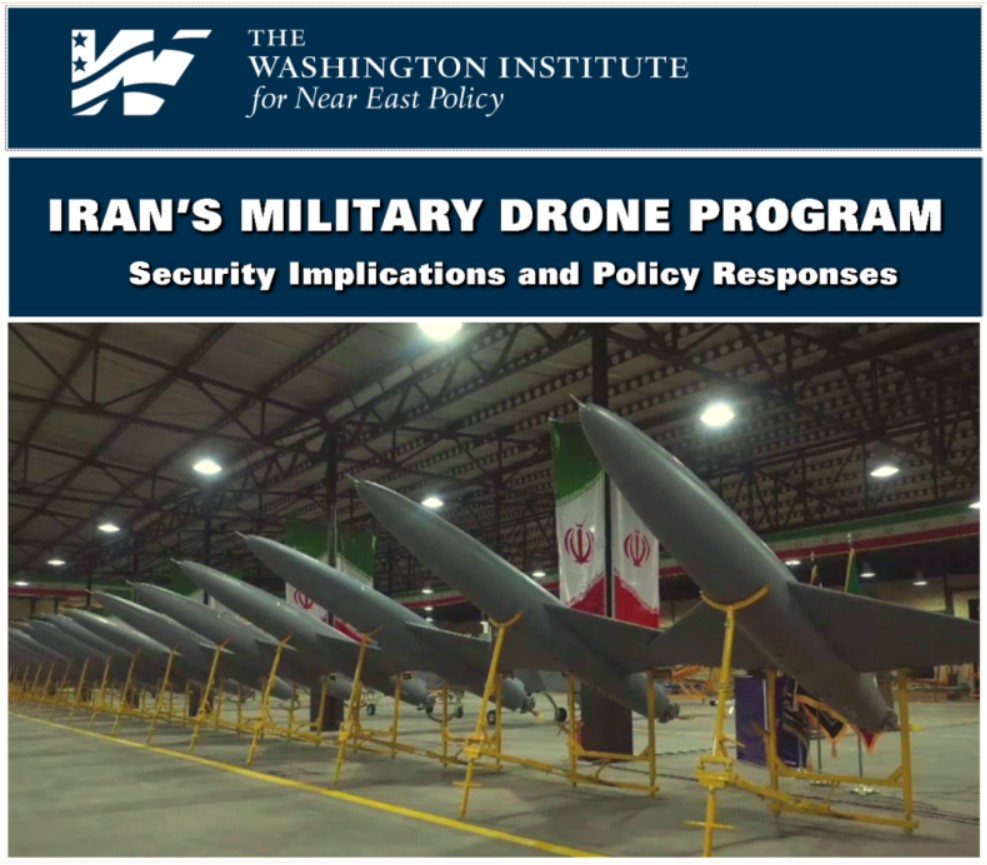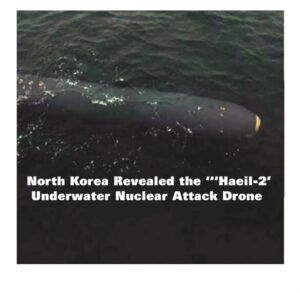
Streamed live on Apr 20, 2023
Iran’s long-range precision strike forces have grown rapidly over the past five years, with unmanned aerial vehicles being central to this evolution. Iranian drones have created strategic shockwaves in the Gulf, the Levant, and most recently Ukraine, where Russia has deployed large numbers of them acquired from Tehran. Countering these systems is therefore central to confronting Iranian influence in the Middle East and elsewhere. To discuss the regional and global implications of Iran’s drone program and potential policy responses, The Washington Institute is pleased to announce a virtual Policy Forum with Gen. Kenneth McKenzie Jr., author of its recent paper “Striking Back: Iran and the Rise of Asymmetric Drone Warfare in the Middle East”; he will be joined by experts Valerie Lincy and Damien Spleeters. Gen. Kenneth McKenzie Jr. (USMC, Ret.) served for over forty years in uniform, including senior positions with the Joint Staff and U.S. Central Command, which he headed from 2019 to 2022. He is currently executive director of the Global and National Security Institute at the University of South Florida. Valerie Lincy is executive director of the Wisconsin Project on Nuclear Arms Control and oversees its Iran Watch website. Her most recent publication is the roundtable report “Clipping Tehran’s Wings: How Supply-Side Controls Can Impede the Iranian Drone Program.” Damien Spleeters is deputy director of operations at Conflict Armament Research. His most recent publications assess Iranian drones used by Russia in Ukraine and the supply chains that sustain these capabilities. He has previously written about improvised weapons and component supply chains in Iraq and Syria.
FREE REPORT : Striking Back: Iran and the Rise of Asymmetric Drone Warfare in the Middle East
By Kenneth McKenzie Jr. Gen. Kenneth McKenzie Jr. (USMC, Ret.) served for over forty years in uniform, including senior positions with the Joint Staff and U.S. Central Command, which he headed from 2019 to 2022. He is currently executive director of the Global and National Security Institute at the University of South




